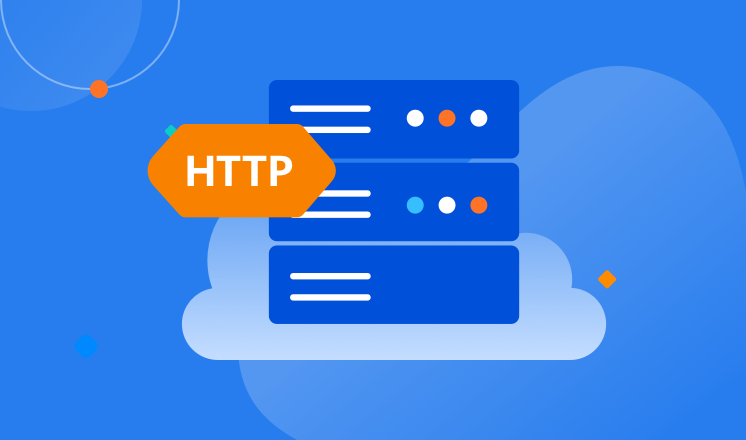With the rapid development of the internet, data has become increasingly valuable in modern society.
To obtain accurate and comprehensive data, many businesses and individuals rely on proxy servers.
Residential proxies, as a special type of proxy service, obtain their IP addresses from real residential users, providing unique advantages and applications.
This article will introduce the definition and features of residential proxies and delve into their advantages in terms of online privacy protection and data collection.
Additionally, we will explore common application scenarios of residential proxies, such as ad verification and social media management, to help readers understand and utilize this powerful tool effectively.

Definition and Features of Residential Proxies
A residential proxy is a type of proxy server that uses IP addresses from genuine residential users.
Compared to other types of proxy servers, residential proxies offer more genuine and difficult-to-detect IP addresses.
This is achieved by configuring residential users' devices as proxy servers, allowing them to forward user network requests to target websites and fulfill proxy functions. Due to their genuine IP source, residential proxies are widely regarded as one of the most secure and reliable forms of proxy.
Advantages of Residential Proxies in Online Privacy Protection
IP Anonymity: Residential proxies utilize real residential user IP addresses, effectively concealing users' actual IPs and enhancing online privacy protection.
In online activities, privacy protection is crucial, especially when dealing with sensitive information or personal data. Residential proxies offer a higher level of anonymity and confidentiality.
Avoiding Bans: Since residential proxies use real IP addresses and function similarly to regular users, they circumvent the risk of being detected and blocked by target websites.
Being banned or restricted by websites can hinder data collection and other online activities, which residential proxies help bypass to ensure uninterrupted web access.
Geolocation Bypass: The genuine IP addresses of residential proxies allow users to bypass geolocation restrictions and access restricted content and services from other regions.
This is particularly valuable for users who need to access region-specific resources, such as researching market conditions or obtaining overseas information.
Privacy Protection: Residential proxies mitigate the privacy risks associated with other types of proxies, as their use of real IP addresses eliminates the potential for data leakage.
For scenarios that require stringent privacy protection, residential proxies offer a higher level of safeguarding.
Advantages of Residential Proxies in Data Collection
High-Quality Data: The genuine IP source of residential proxies ensures more accurate and reliable data, reflecting genuine user behavior.
For data collectors, accurate data forms the basis for decision-making and analysis. Residential proxies provide higher-quality data, increasing the accuracy and credibility of data analysis.
Stability: Residential proxies' IP addresses are relatively stable, avoiding common issues of frequent IP changes during data collection.
This ensures the continuity and stability of data collection, which is essential for continuous data gathering activities.
Risk Mitigation: Employing residential proxies for data collection reduces the risk of being detected and blocked by target websites, thereby improving the success rate of data collection.
Data collection involves website access, and sometimes, websites may perceive such activities as malicious, leading to blocking. Residential proxies help minimize such risks.
Common Applications of Residential Proxies
Ad Verification: Residential proxies can be used for ad verification, ensuring that advertisements are properly displayed to the intended audience in different regions, thus enhancing ad effectiveness.
For advertisers and ad agencies, ad verification is a critical step to ensure the success of ad campaigns, and residential proxies provide accurate and reliable verification services.
Social Media Management: Residential proxies facilitate the management of social media accounts in different regions, allowing for region-specific interactions and management, thus increasing the flexibility of social media operations.
For businesses or individuals conducting social media operations globally, residential proxies enable efficient social media management.
Competitor Research: Residential proxies are useful for data collection on competitors, providing insights into the competitive landscape and trends in different markets.
Understanding competitors' dynamics is crucial for decision-making and optimizing product strategies, and residential proxies help obtain precise competitor data.

Conclusion
Residential proxies, as a special type of proxy server, obtain their IP addresses from real residential users, offering high IP anonymity, stability, and privacy protection.
Their advantages in online privacy protection and data collection are evident, enabling users to bypass bans and geolocation restrictions, protect their privacy, and obtain high-quality data.
Moreover, residential proxies find versatile applications in ad verification, social media management, and competitor research, highlighting their significance and diverse range of applications.




